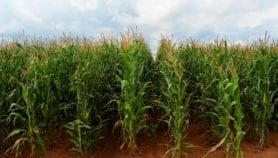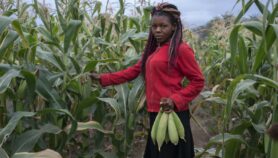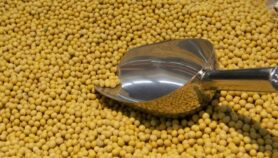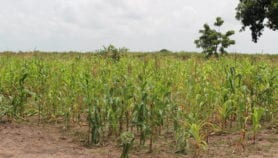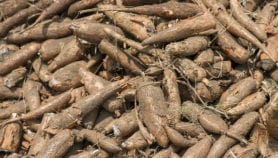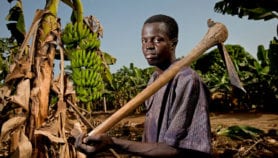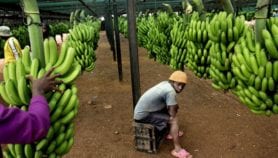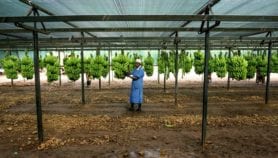Send to a friend
The details you provide on this page will not be used to send unsolicited email, and will not be sold to a 3rd party. See privacy policy.
Armed conflict has forced the research centre behind Africa’s ‘miracle rice’ to leave Côte d’Ivoire and seek refuge in Benin.
Violence broke out in Côte d’Ivoire in November 2004 when the country’s air force attacked rebel positions in the north. Fighting was particularly intense around Bouake, where the Africa Rice Center — also known as WARDA — is based.
“One of the centre’s scientists, Robert Carsky, was killed when a bomb struck the French barracks where he had sought shelter from air strikes,” said WARDA’s director general Kanayo F. Nwanze in an interview with SciDev.Net.
The continuing hostilities led the centre’s board of trustees to decide to evacuate management, research, administrative and finance staff.
In February, the staff completed their move to temporary facilities made available in and around Cotonou, Benin, by the International Institute for Tropical Agriculture and Benin’s National Institute for Agricultural Research.
According to Nwanze, the Bouake headquarters remain intact, but WARDA’s activities there have been restricted to maintaining the genebank and ensuring its campus is secure.
Nwanze added that operations at Bouake would resume after the cessation of hostilities and when long-term conditions are conducive to the centre’s work.
Among the centre’s achievements has been the creation of ‘miracle rice’, hybrids of African and Asian varieties that exhibit better qualities than either parent.
 Africa’s ‘miracle rice’ |
The varieties of new rice for Africa — dubbed NERICAs — were developed using biotechnology by WARDA’s Sierra Leonian plant breeder Monty Jones, who was awarded the 2004 World Food Prize for his research (see African and Chinese scientists win World Food Prize).
Rice contributes more protein and calories to the West African diet than any other cereal, but farmers tend to achieve low yields because of weeds, poor soils and insect pests.
Farmers using the NERICAs can overcome these challenge and achieve between 25 and 250 per cent greater yields compared to native yields with no inputs other than small increases in fertiliser.
The varieties are also more nutritious and mature more quickly, enabling farmers to plant additional crops after the rice is harvested.
Nwanze said that the move to Benin would not stop WARDA’s research.
“Already most of the staff have settled down in their new working place,” he said. “In March 2005, we are launching project-based research and development activities in accordance with the centre’s new strategy.”
According to Hilary Benn, UK minister for overseas development, WARDA’s move to Benin exemplifies the way that political instability and poor governance threaten high quality research that has the potential to massively improve lives and livelihoods in Africa.
“Now a lack of security threatens to overwhelm any such good efforts,” said Benn at an international meeting on scientific capacity building in Africa, held in London, United Kingdom last month (see Building S&T Capacity with African Partners).
“Science will flourish where there are capable states… states which are not at war with themselves or their neighbours,” said Benn.
Nwanze remains positive. “Right from the beginning, the centre has been able to turn every adversity into an opportunity, thanks to its remarkably resilient staff,” he said. “Since 2002 when the Ivoirian crisis first erupted, the heroic efforts and the indomitable spirit of the centre’s staff have been widely acclaimed”.
It is not the first time Africa Rice Center’s activities have been disrupted in this way — in September 2002, the centre had to evacuate its premises when violence broke out in Bouake.
WARDA is one of the 15 international agricultural research centres funded by the Consultative Group on International Agricultural Research (CGIAR).


